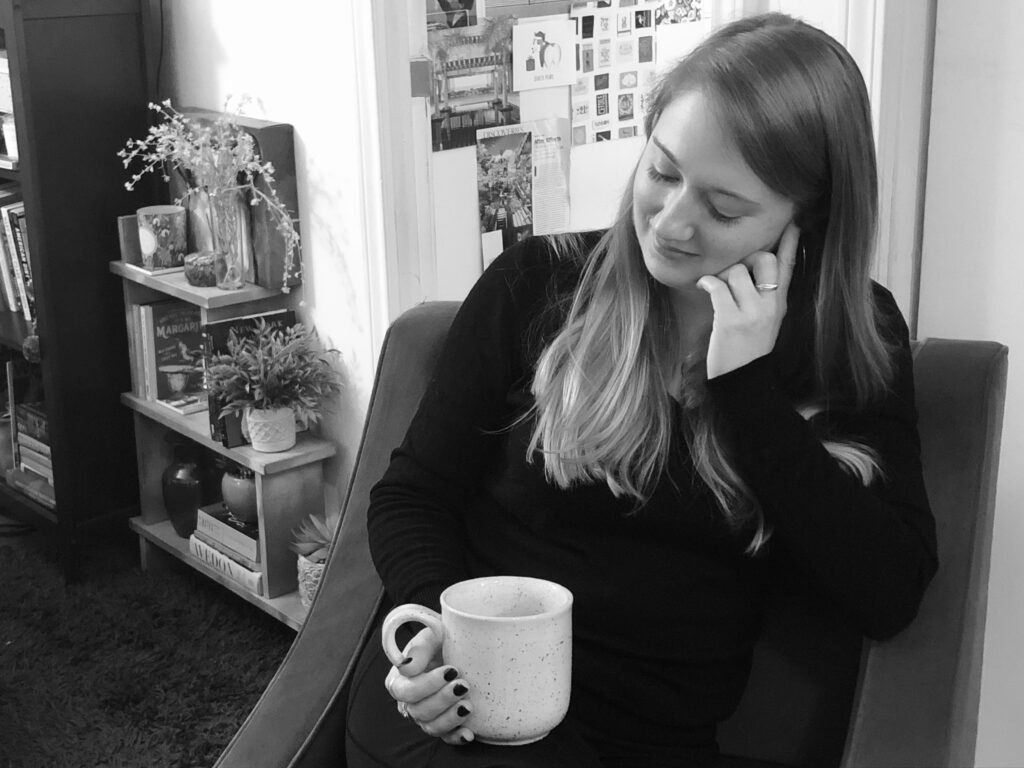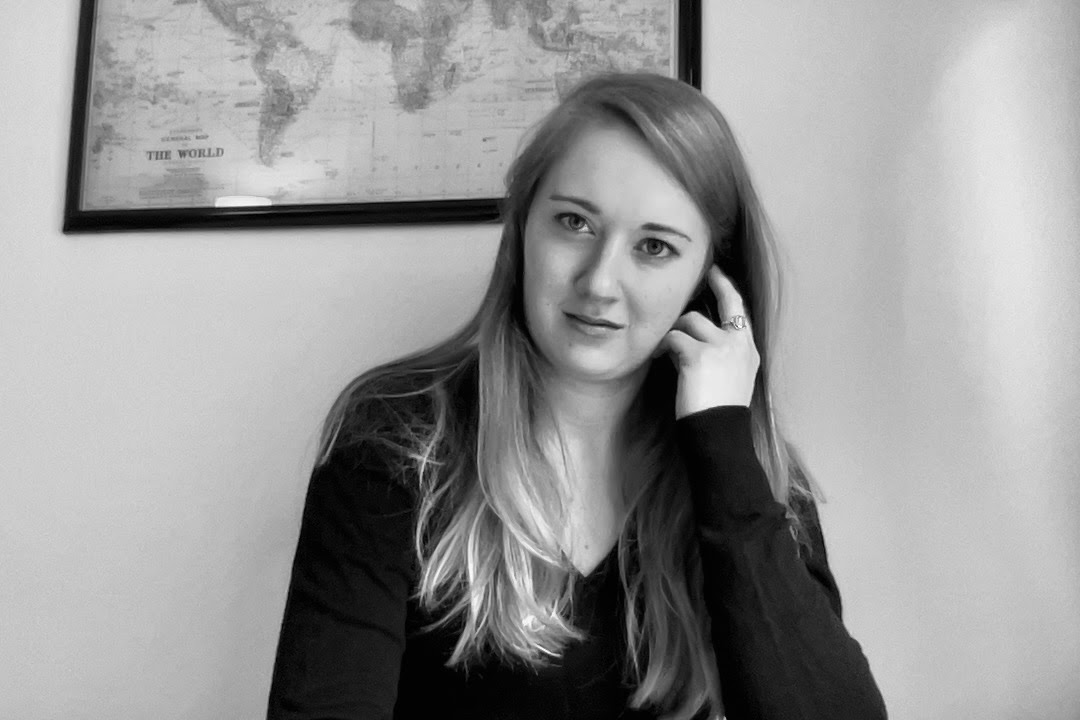My Story of Anxiety and Obsessive Compulsive Disorder (OCD) and Overthinking
I was in college the first time I experienced anxiety – the kind that hollows out your stomach, making you feel a stranger to your own body. I became weak. I ached with hunger but could not eat. At night, my heart would beat with vigorous intensity as a storm of overthinking consumed me. “Breathe in. Breathe out,” I would whisper to myself. But my chest would continue to pound as the hours went by. This was just the beginning, or what I thought at the time to be the climax of my story with anxiety. I had no idea that I would spend the next few years unknowingly coping with OCD and overthinking.
Eventually, my anxiety during college culminated into what I can only describe as a breakdown, which landed me in my childhood pediatrician’s office (yes, you read that correctly) to discuss how to get things “under control.” The result: a prescription. The medication did help. Or at least, subdued the nausea. But it did little to stop my overthinking.
My anxiety manifested into a more tolerable form as I entered my early twenties. I guess you could have called it “functional anxiety” – whatever that really means. It transitioned its primary residency from my chest to my brain, soliciting its presence in the form of intrusive thoughts. Still, this felt like a better alternative to what I’d experienced before.
At first, it was upsetting to realize that my eccentric behavior, which at that point had become my normal, was indeed not normal at all and instead, part of a mental disorder.

Over time, I developed routines to counteract my anxiety. For example, after my mom told me about how an exploding phone charger caused her neighbor’s house to catch fire, I started scanning all of the chargers in my apartment to make sure they were unplugged each morning before leaving for work. If I didn’t check, I feared I would come home to find my apartment building in ashes. Because, naturally, that would be the inevitable cost and I would be to blame.
This routine was innocent enough, at first. Smart even. But it then gave way to checking that all objects connected to electrical outlets were either unplugged or turned off. Which gave way to checking that the stove was off. Then the toaster. The lights. The hair dryer. And so on. I realized it was somewhat silly for me to spend my mornings this way and yet, I performed this routine with military precision, circling between the rooms of my apartment and pointing at each object as if crossing it off an imaginary list.
“I don’t think you understand how electricity works,” my roommate once said as she stood waiting for me at the door.
“I don’t think you understand anxiety,” is what I wanted to say back.
You Mean There’s a Name for This?
Not until a few years later did I learn that “checking” is a common form of Obsessive Compulsive Disorder, or OCD, as it’s frequently called. Prior to learning this, the term OCD itself meant little to me. It was a catchall phrase of sorts that even I was guilty of using as an arbitrary adjective, not realizing the truth in doing so.
Like many, I associated OCD with extreme organization. I recalled a video from seventh-grade health class of a woman who organized her bathroom counter every morning so that each object sat in exactly the right place. That wasn’t me. But the more I read about OCD, the more I began to recognize myself.
At first, it was upsetting to realize that my eccentric behavior, which at that point had become my normal, was indeed not normal at all and instead, part of a mental disorder. But at the same time, this revelation brought about clarity. Suddenly, there was a name for this. It wasn’t just me.

What You Don’t Know Can Hurt You
Despite now being able to better identify my behavior as OCD, I have not yet mastered the ability to resist my compulsions. In all honesty, I’m still figuring out what all of this means.
What I have come to realize is that most of my anxiety is driven by a lack of knowledge. The inability to assert fact fuels the invention of worst-case scenarios.
“You’re thinking too much,” I say to myself again and again. As if simply acknowledging this will quiet all of my unwanted thoughts. Wouldn’t it be nice if it was that easy? But overthinking is so much more than just what we think about.
It is feigning a laugh when your mind is somewhere else. It is trying to predict the outcomes of moves not yet made.
It is red, cracked knuckles from washing your hands to the tune of Happy Birthday five times through. It is walking four blocks back home to make sure you locked the door. Even though you already checked. More than once.
It is a constant war against your worst imaginations. It doesn’t matter how hard you try to rationalize against them – reason is a useless cause when it comes to quieting the enemy. Especially when that enemy is none other than yourself.
Why I’m Writing
I’ve gotten to a place now where I’ve accepted that there is much I do not know. I will probably always have more questions than I do answers, which is precisely why this column, Overthinking Everything, is not an advice column of any sort.
So much health and wellness content these days is saturated with how-to articles promising the solutions to our problems like, “These Five Remedies Will Cure Your Brain Fog,” or “This Evening Routine Will Finally Help You Get a Full Night’s Sleep.” If those work for you, great – power to you. But personally, I often feel lost when reading these types of articles.
The oversimplification of anxiety and depression makes them seem like problems that can be easily solved. The critical conversation around why we are feeling what we are feeling is often left out.
It’s because of this that I am writing this column from a place of questions rather than answers. Also, in case you haven’t figured it out by now, I am simply not qualified to give anyone advice on their mental or emotional health.
But what I can do is share the thoughts and questions that keep me up at night, fuel my inner critic and constantly remind me of how much there is in this big, complicated, messy world still to learn. In doing so, I hope you will smile or laugh, and if nothing else, know that when it comes to overthinking, it’s not just you.




